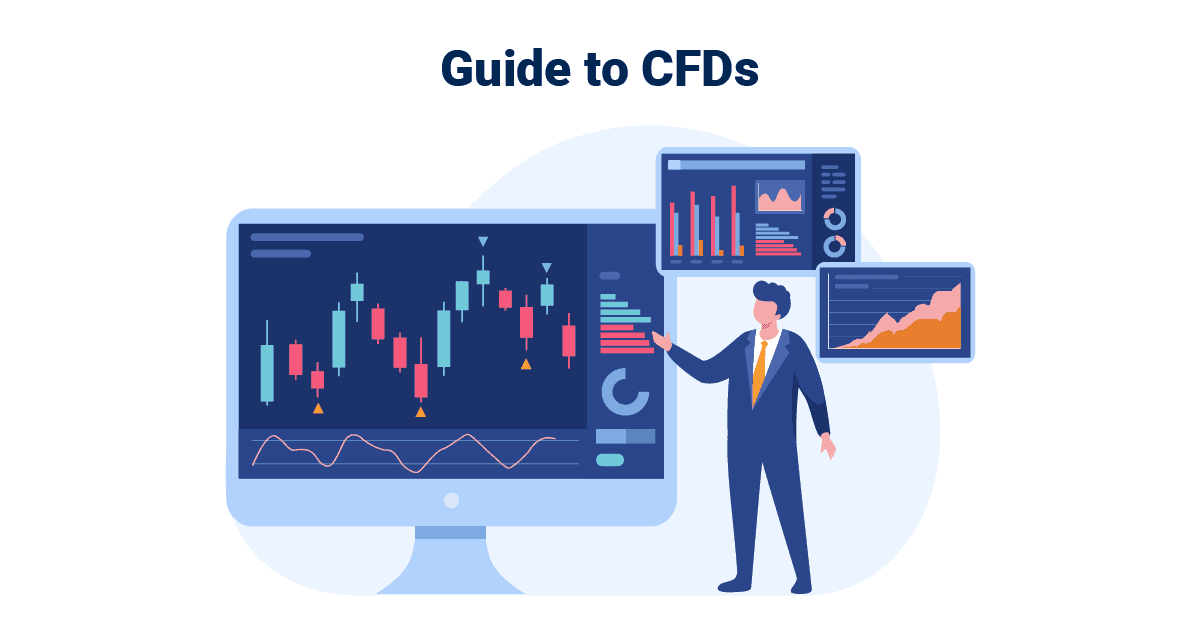Tag Archives: cfds
CFD and Multiphysics: Integrating Fluid Dynamics with Other Phenomena
Contracts for Difference (CFDs) have become increasingly popular in the world of financial trading due to their flexibility and accessibility. But what exactly are CFDs and cfd how it works?
What are CFDs?
CFDs are derivative products that allow traders to speculate on the price movements of various financial instruments without owning the underlying asset. These instruments can include stocks, commodities, currencies, indices, and more.
How do CFDs work?
1. Speculating on Price Movements:
When trading CFDs, you don’t actually buy or sell the underlying asset. Instead, you enter into a contract with a broker to exchange the difference in the asset’s price from the time the contract is opened to when it is closed.
2. Leverage and Margin:
CFDs allow traders to trade on margin, meaning you only need to deposit a fraction of the total trade value to open a position. This is known as trading on leverage, which amplifies both profits and losses. With flexible leverage options, traders can control their exposure to the market.
3. Long and Short Positions:
With CFDs, traders can take both long (buy) and short (sell) positions. If you believe the price will rise, you go long (buy). If you think it will fall, you go short (sell). This flexibility enables traders to profit from both rising and falling markets.
4. No Ownership of Underlying Asset:
Unlike traditional investing, you do not own the underlying asset with CFDs. You are simply speculating on its price movement. This means you can potentially profit from markets that are declining as well.
5. Costs and Fees:
Trading CFDs involves costs such as spreads, commissions, and overnight financing charges. These costs vary between brokers and instruments.
6. Risk Management:
Risk management is crucial in CFD trading. Stop-loss orders, take-profit orders, and guaranteed stop-loss orders are common tools used to manage risk and protect capital.
Conclusion:
CFD trading offers an opportunity to speculate on various financial markets with flexibility and leverage. However, it’s essential to understand the risks involved. With the ability to go long or short on assets and the use of leverage, CFDs can be a powerful trading tool when used wisely.
The Role of Brokers in CFD Trading: Choosing the Right Partner

CFDs have garnered significant attention in the financial industry, offering traders a unique set of opportunities to capitalize on market movements. Understanding the trends and opportunities associated with CFD trading is essential for informed decision-making and maximizing investment returns.
One of the key advantages of CFDs is their versatility in leveraging, allowing traders to amplify their exposure to financial markets without tying up large amounts of capital. Unlike traditional trading methods, which impose rigid leverage ratios, CFDs offer flexible leverage options, empowering traders to tailor their risk profiles according to market conditions and individual preferences. This adaptability enhances the efficiency of capital utilization and enables traders to optimize their risk-reward dynamics effectively.
Moreover, the emergence of sophisticated trading platforms has transformed the landscape of CFD trading, providing traders with access to a wealth of analytical tools and market insights. These platforms facilitate seamless execution of trades across multiple asset classes, including stocks, commodities, forex, and indices, thereby empowering traders to diversify their portfolios and capitalize on a broader range of market opportunities. Additionally, advanced charting capabilities and risk management tools enable traders to make informed decisions and execute strategies with precision, enhancing their overall trading experience.
Another notable trend in the CFD market is the increasing demand for alternative investment options, driven by changing market dynamics and investor preferences. CFDs offer a flexible and cost-effective way to gain exposure to diverse asset classes, including emerging markets, cryptocurrencies, and thematic investments. This diversification potential allows traders to mitigate concentration risks and capitalize on niche opportunities, thereby enhancing portfolio resilience and long-term performance.
Furthermore, regulatory oversight has become a focal point in the CFD industry, with regulators imposing stringent requirements to safeguard investor interests and maintain market integrity. By partnering with reputable brokers operating under established regulatory frameworks, traders can benefit from enhanced transparency, investor protection, and conflict resolution mechanisms, thereby fostering trust and confidence in the CFD market.
In summary, the rise of Contracts for Difference (CFDs) is characterized by flexible leverage options, advanced trading platforms, diversified investment opportunities, and regulatory compliance. As investors seek alternative avenues for wealth generation, CFDs offer a compelling proposition for navigating dynamic market environments and unlocking value across a broad spectrum of asset classes. By staying informed and leveraging these trends and opportunities effectively, traders can optimize their trading strategies and achieve their financial goals with confidence.